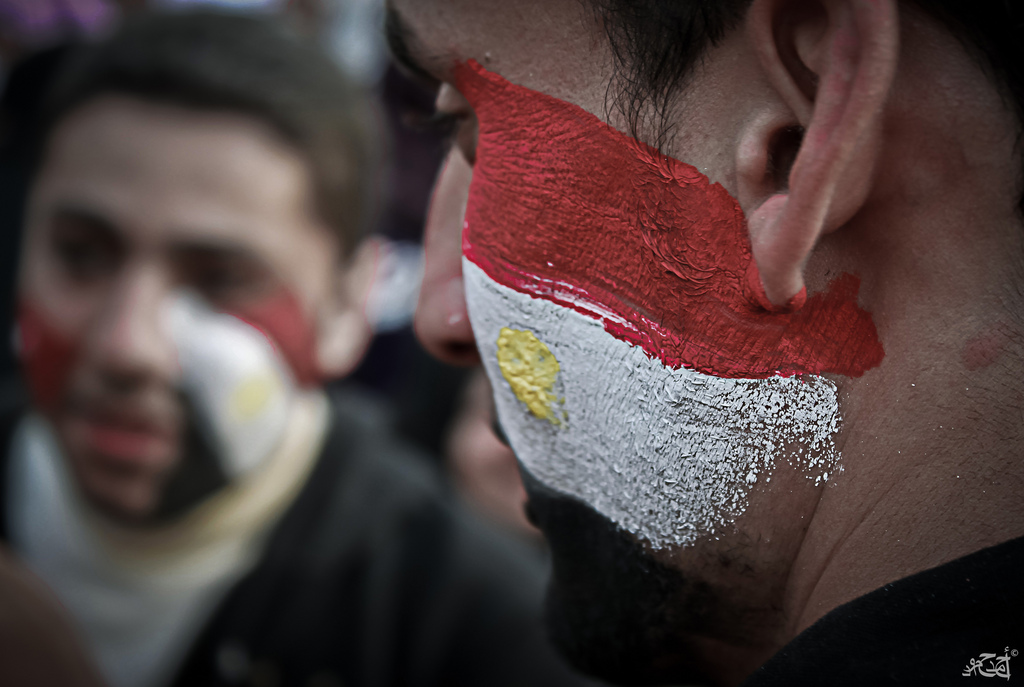
No one would have thought of Mohamed Morsy as a model democrat. However, the reality is that he rose to power as a result of the development of so-called “democracy” in Egypt. Isn’t this what we all wanted?
It’s no secret that the Muslim Brotherhood is a well organized social force, effective when it comes to delivering social services and their message of political Islam on a large scale through popular preachers and a deep, cross-sectional network of supporters.
True, we cannot say that the majority of Egypt’s population were supportive of the Brotherhood. However, they did count the support of a big percentage. Why? The rise of the Islamists has a very clear explanation: the fatal failure of the political, economic and social systems in Egypt.
For decades, the rule of the strongest prevailed. The inability of different groups to have their voices heard resulted in the strengthening of extremist groups that, as a natural outcome, wanted to play politics.
2011-2012. Egypt took to the streets, fought, died, hoped, came back to life, bled, voted and hoped again.
So, why did it all go wrong?
Is it because the revolution failed? As a result of Jan 25, the totalitarian power of Hosni Mubarak was transferred to the Security Council of the Armed Forces and then, almost inevitably to Mohamed Morsy, who continued to do what Mubarak did for three decades: monopolize control and crack down on all kinds of opposition. Meanwhile, the power of the Ministry of Interior and military has remained virtually untouched.
Is it because of the inability of The People? Is it because, as many have suggested, “Egyptians are not ready for democracy”? No; it is not about this. Simply, in a country with a history of no personal freedom or equality, it is impossible to establish and develop a successful democratic system within three years.
Is it the fault of the government? Not entirely. Instead of maintaining independence from the authorities, Egyptian top businessmen and politicians sought favors and recognition from the government. Sadly, when they had the golden opportunity to press for reforms as a result of the 2011 revolution, they chose to remain loyal and compromise with the ruling regime.
As a result, Egypt remained a hardened mix of elements – the persistent old elite, the desperate youths, the business community, the army, the Islamists and the liberals – each of them trying to build a different “new, strong Egypt”. All of them facing an edgy populace and an economy about to collapse.
Is it because there is no money in the country? No, it is not about the money, either. Quite the contrary. Look at the Gulf countries; they are extremely wealthy thanks to their oil and mineral reserves. Yet there has been no visible political change for decades.
Economic growth coming from inside is necessary for Egypt to undergo positive, sociopolitical change. It will force the appearance of basic features that will underlie a stable civil society: education, health, a large business class, independent press.
More distributed wealth will allow a key segment of society, the middle class, to steadily gain power independent from the authorities; and once this happens, we will see greater checks on the power of government.
WE SAID THIS: Check out Egypt’s New Constitution Crawls Forward.


